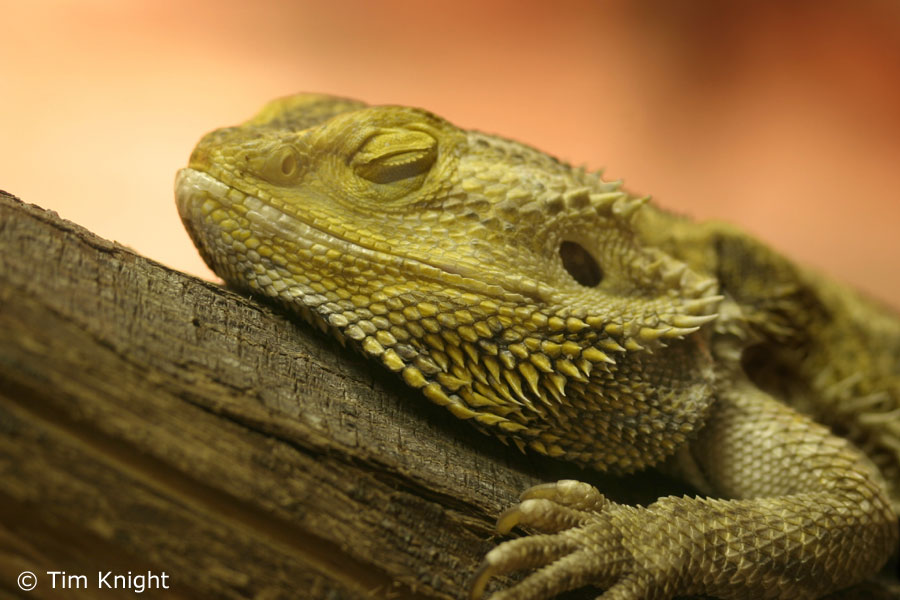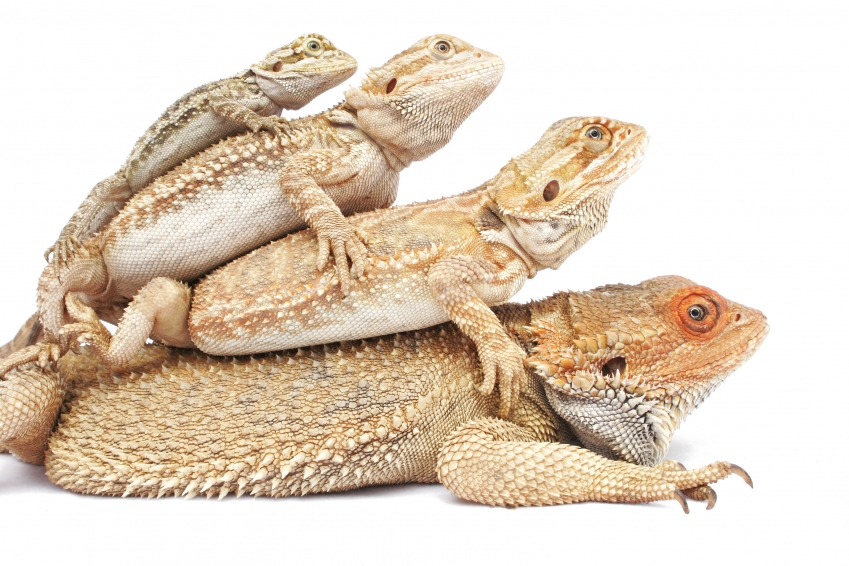The Beginner's Guide to Bearded Dragon Care in RI: Tips and Tricks
Introduction
Are you thinking about getting a bearded dragon? These amazing reptiles make great pets! They are easy to care for and are fascinating to watch. However, before you bring one home, it’s important to do your research and learn all about bearded dragon care. If you’re in Rhode Island, you’re in luck! This guide will teach you all about caring for your bearded dragon in the Ocean State. Read on to learn more!
Bearded Dragon Basics
Bearded dragons are native to Australia and are known for their unique appearance. They get their name from the spiny “beard” that’s located under their chin. They can grow up to 2 feet long and can live up to 15 years with proper care. They make great pets because they are social, friendly, and easy to care for.
Setting Up Your Bearded Dragon’s Home
Before you bring your bearded dragon home, you’ll need to set up their enclosure. Bearded dragons need plenty of space to move around, so a 40-gallon tank is a good starting point. Make sure the enclosure has plenty of hiding spaces, climbing areas, and basking spots. Bearded dragons need a basking area that reaches 100-110 degrees Fahrenheit and a cool area that’s around 75-80 degrees Fahrenheit.

Bearded Dragon Diet
Bearded dragons are omnivores, which means they eat both plants and animals. Their diet should consist of 80% vegetables and 20% insects. Some good vegetable options include collard greens, kale, squash, and carrots. Good insect options include crickets, mealworms, and roaches. Plants and insects should be dusted with a calcium supplement before feeding to ensure your bearded dragon is getting all of the nutrients they need.

Bearded Dragon Health
Bearded dragons are generally healthy animals, but they can still get sick. Here are some signs that your bearded dragon may be sick:
- Loss of appetite
- Lethargy
- Weight loss
- Diarrhea
- Difficulty breathing
If you notice any of these signs, take your bearded dragon to a veterinarian that specializes in reptiles. Regular check-ups are also important to ensure that your bearded dragon stays healthy.
Conclusion
Bearded dragons make great pets, and with proper care, they can live a long and healthy life. If you’re in Rhode Island and thinking about getting a bearded dragon, use this guide to make sure you’re prepared for all of their care needs. Remember, research is key when it comes to any new pet, and with a little effort, you’ll be able to provide your bearded dragon with a happy and healthy life!

